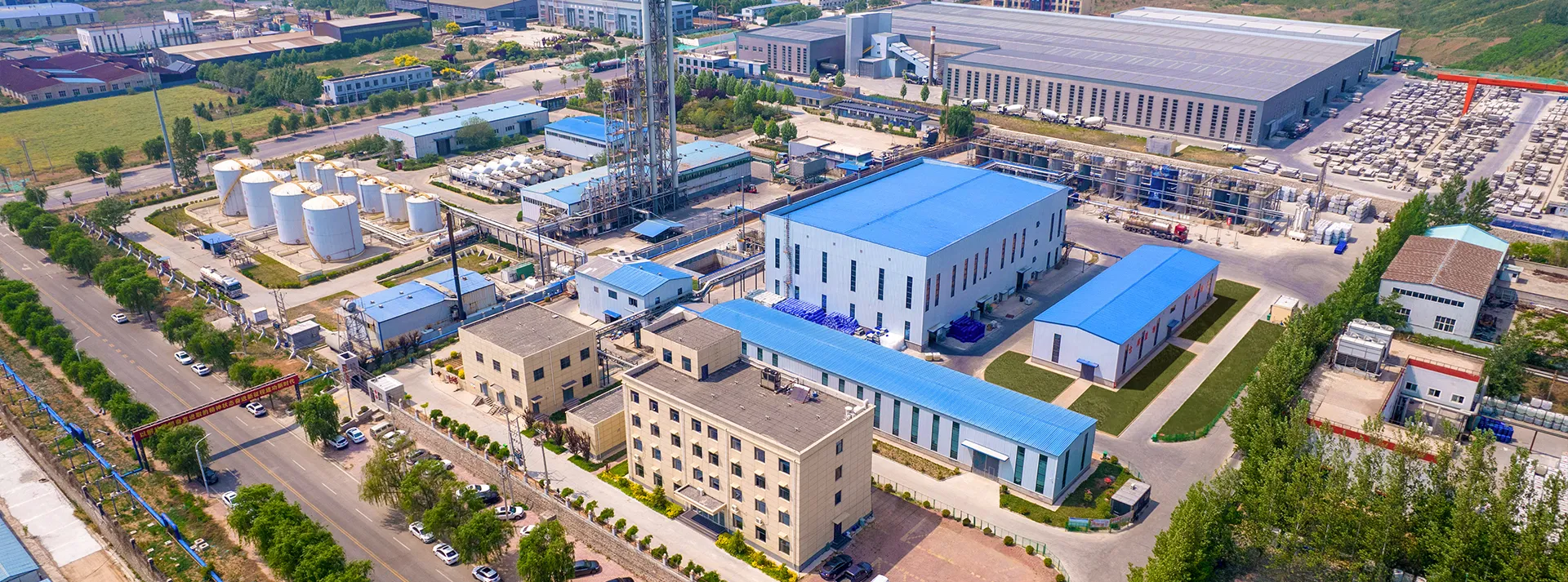polycarboxylic acid uses
The Versatile Uses of Polycarboxylic Acids
Polycarboxylic acids are organic compounds characterized by the presence of multiple carboxyl (-COOH) functional groups. These acids exhibit unique properties that have made them indispensable across various industries. Their versatility stems from their ability to act as effective chelating agents, intermediate compounds, and superplasticizers. This article delves into the wide-ranging applications of polycarboxylic acids, highlighting their significance in different fields such as pharmaceuticals, agriculture, construction, and more.
Pharmaceutical Industry
In the pharmaceutical sector, polycarboxylic acids play a crucial role in drug formulation and delivery. Their ability to form complexes with metal ions enhances the solubility of poorly soluble drugs, facilitating better bioavailability. For instance, citric acid, a common polycarboxylic acid, is used to stabilize pharmaceutical formulations and improve taste masking. Additionally, polycarboxylic acids can act as pH regulators, ensuring the stability and effectiveness of active ingredients. Their role as drug delivery carriers is also noteworthy; for example, polymers derived from polycarboxylic acids are utilized in controlled drug release systems, enabling precise dosing and reducing side effects.
Agricultural Applications
Polycarboxylic acids have also found extensive applications in agriculture, largely due to their ability to enhance soil properties and nutrient availability. For instance, humic acids, which are derived from the decomposition of organic matter, contain polycarboxylic structures that improve soil structure, increase water retention, and stimulate microbial activity. This leads to improved plant growth and higher crop yields. Moreover, polycarboxylic acids can chelate essential minerals, such as iron and zinc, making them more accessible to plants. This chelation process not only enhances nutrient uptake but also prevents nutrient leaching in the soil, making polycarboxylic acids valuable in the formulation of fertilizers and soil conditioners.
Construction Industry
polycarboxylic acid uses

In the construction industry, polycarboxylic acids serve as superplasticizers in concrete production. These compounds help to reduce the water-to-cement ratio while maintaining workability, resulting in higher strength and durability of concrete. Polycarboxylate ether superplasticizers, a specific type of polycarboxylic acid, are widely used in ready-mix concrete formulations. Their addition leads to improved flow properties and reduces the need for traditional plasticizers, which often contain harmful chemicals. Additionally, polycarboxylic acids enhance the bonding properties of mortars and adhesives, further contributing to their application in construction materials.
Food Industry
In the food sector, polycarboxylic acids are utilized as food additives and preservatives. Citric acid and malic acid, for example, are commonly used to impart sour flavors and serve as natural preservatives due to their ability to lower pH and inhibit microbial growth. Polycarboxylic acids also act as emulsifiers and stabilizers in various food products, ensuring uniformity and extending shelf life. Their ability to chelate metal ions helps prevent off-flavors and discoloration, making them essential in maintaining the quality of food products.
Cosmetic and Personal Care
Polycarboxylic acids also find applications in the cosmetic and personal care industry. For instance, organic acids like tartaric acid and citric acid are used in skin care formulations for their exfoliating properties. These acids help to gently dissolve dead skin cells, promoting cell turnover and enhancing skin texture. Moreover, they are often included in hair care products to improve conditioning and shine. Their chelating and stabilizing properties benefit various formulations, from lotions to shampoos, ensuring product effectiveness and safety.
Conclusion
Polycarboxylic acids are truly versatile compounds with a wide array of uses that span several industries. From pharmaceuticals to agriculture, construction, food, and cosmetics, their unique properties enable innovations that improve product performance and efficiency. As research continues to explore new applications and formulations, the significance of polycarboxylic acids in our daily lives is poised to expand even further, making them invaluable components of modern technology and industry.
-
Pbtc Scale InhibitorPBTC: A Scale Protector for Industrial Water TreatmentNewsAug.05,2025
-
Organic Phosphonate: An Efficient Defender in the Field of Scale InhibitionNewsAug.05,2025
-
Hydrolyzed Polymaleic Anhydride: Green Pioneer in Scale Inhibition FieldNewsAug.05,2025
-
PAPEMP Polyamino Polyether Methylene Phosphonic Acid For SaleNewsAug.05,2025
-
Flocculant Water Treatment: A Pioneer in Purification in the Field of Water TreatmentNewsAug.05,2025
-
Benzyl Isothiazolinone: An Efficient and Broad-Spectrum Antibacterial Protective GuardNewsAug.05,2025





